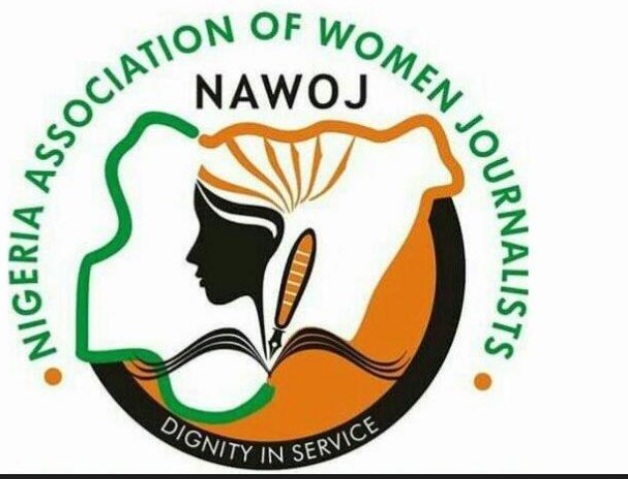EDITORIAL: The water resources bill

There is currently a sharp divide between Northern and Southern legislators over a bill through which the federal government wants ‘to control all sources of water in Nigeria’.
The legislative piece – The National Water Resources Bill is ‘an Act to establish a Regulatory Framework for the Water Resources Sector in Nigeria, Provide for the Equitable and Sustainable Redevelopment, Management and Groundwater Resources and other Matters Connected thereto’, is controversial.
Any bill which seeks to split the nation along ethnic or regional lines should be discarded for the sake of national unity.
It was first introduced in the 8th Assembly but was thrown out because of stiff opposition from stakeholders.
Now, it has been brought back by President Muhammadu Buhari as an Executive Bill to the rather pliant 9th Assembly.
Arguably, there are some areas of the bill which could have enhanced the socio-economic development of the country.
For instance, there is a global concern about access to water which the bill could have addressed.
Several regions of the world are having problems with access to water to meet their domestic, agricultural, and industrial needs.
The herders-farmers bloody clashes in some states which have transmogrified into herdsmen terrorism in Nigeria started as a struggle by herders for green lands and water to feed their cattle.
A well thought out water bill crafted after due consultations and negotiations with regions with access to water could have addressed the herders’ problem.
However, the areas in contention are clauses that cede the powers of state and local governments on water to the monopoly of the federal government.
The reintroduction of the bill in the House of Representatives of the 9th Assembly is now causing disaffection and unrest in the nation.
House members from the Middle-Belt and southern part of the country have argued that the bill is designed to spite them in favour of Fulani herdsmen from the north.
Some of the members say the bill is another form of the Rural Grazing Areas Bill (RUGA) that had been rejected by the 8th Assembly and major stakeholders in Nigeria.
But northern members of the House praised the bill as having been conceived in the best interest of Nigerians.
The Secretary of the Arewa Consultative Forum (ACF), Alhaji Murtala Aliyu, contended that the Water Resources Bill was not new as it was prepared in 2006 and consolidated in 2008 with four existing laws which are not in conflict; stating that the Water Way Bill and the Inland Bill are being consolidated in the Water Resources Bill.
The ACF claimed it had studied the bill and found that it had gone through normal processes at the House of Representatives before getting to the Senate.
It called on Nigerians to evaluate the bill and see whether there is anything in it that is detrimental to the country.
The ACF called on the Senate to organize a public hearing on the bill and get public opinion on it.
“Water”, they say “is a natural resource expected to be commonwealth and its management should be for the common good, lest private predators corner them to the chagrin of the generality of the people.”
It avers that because rivers cut across states and regions it should be on the Exclusive Legislative List lest there should be controversies on its uses by different tiers of government.
However, the Southern, Middle Belt and Northern Minority Forum (SMBMNF) opposed the Water Resource Bill, averring that it is a conscious attempt to take over water resources belonging to indigenous communities.
In their view, any member of the National Assembly from the South, Middle Belt or Northern minorities who supports the bill is a traitor.
They argue that the bill represents the promotion of a garrison structure which opposes the principles of federalism and warned the National Assembly to be ready to face a global outrage if it fails to drop it.
It further described the bill as a bold face attempt to ‘steal resources of the coastline indigenous people who have no land but are water dependent’.
The Water Resource Bill, they conclude, is anti-people, and if passed into law would further pauperize the people of the region.
Kogi State indigenes have opposed it and called for its immediate withdrawal, contending that it is an attempt to reduce the Middle Belt zone into a mere pun.
The Yoruba cultural body, Afenifere opposes the bill on the ground that it is against the principle of true federalism.
Also, the Igbo apex socio-cultural organization, Ohaneze Ndigbo, argued that the bill is an attempt to strip the south east of federalism; stating that the ‘Water Bill, if passed into law, may lead to the breakup of the country’.
Ohaneze Ndigbo also warned that it is ‘crucial to jettison the bill in the interest of the unity of the nation.
On its own part, the Niger Delta Forum described the bill as a ‘time bomb that could destroy the fragile unity of the country’.
We recall that the Water Bill had been thrown out by the 8th Assembly because of its volatile nature and its capacity to tear the country apart.
The Water Resource Bill is a subterfuge to amend the Land Use Act of 1978 which invests all state governors with control over the lands and water resources in their jurisdictions.
READ ALSO: Why Water Resources Bill must not be passed
The proposed Water Bill therefore is a further erosion of the residual and concurrent legislative lists and by extension a deliberate attempt to further de-federalize the country.
At this inauspicious time that there is a strident call for restructuring to re-federalize the country, it is certainly not proper to annex water ways to the federal government’s portfolio.
States without access to water should negotiate with states with water resources on terms agreeable to ensure peaceful coexistence and access of all to water.
Finally, the federal government should throw the Water Resources Bill into the dustbin and concentrate on issues that unite the country.










